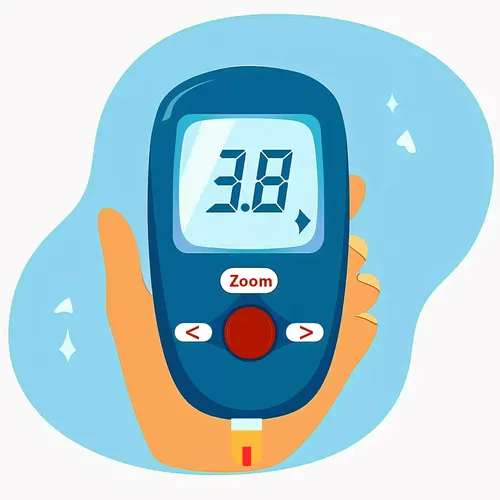The Health Benefits of Vitamin B12
As far as our general health and fitness is concerned you probably don’t need anybody to tell you just how vitally important vitamins and minerals are as part of a healthy and balanced diet. Vitamins for example, provide numerous health benefits for our bodies, and yet despite this, many of us are still deficient in … Read more












